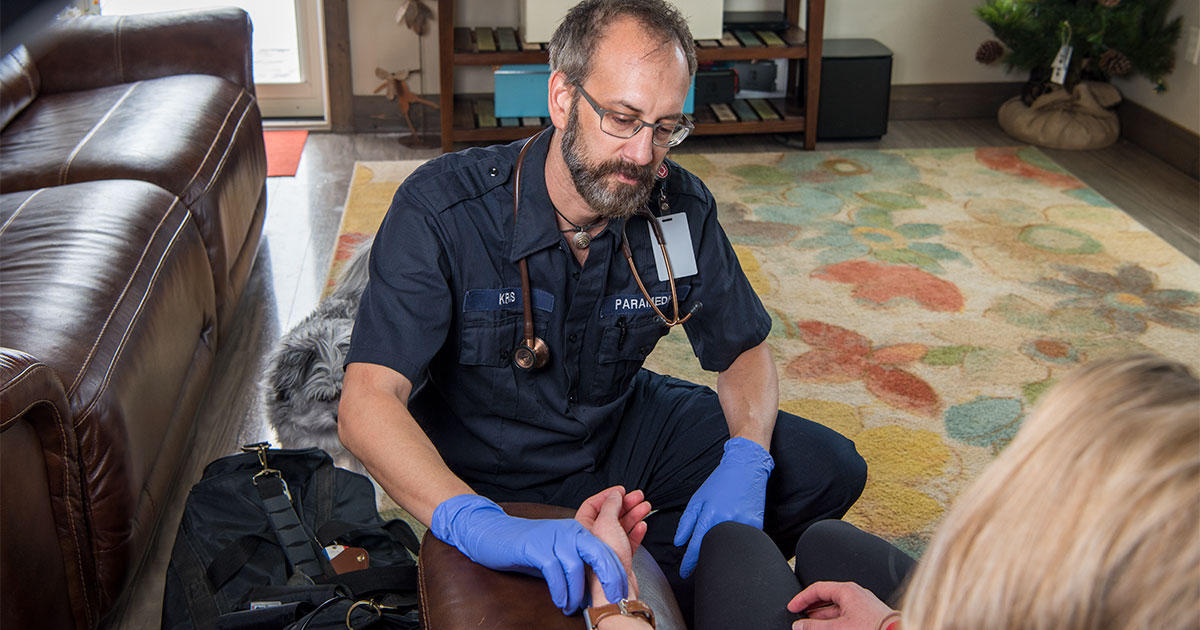
5 min read
6 EMS Response Tips for Mental and Behavioral Health Calls
EDITOR'S NOTE: This article originally appeared on EMS1.com. Special thanks to our guest author, Carol Brzozowski, for EMS1 BrandFocus.
Read PostThe latest articles, case studies, research, and more are on their way to your inbox. Happy reading!

5 min read
EDITOR'S NOTE: This article originally appeared on EMS1.com. Special thanks to our guest author, Carol Brzozowski, for EMS1 BrandFocus.
Read Post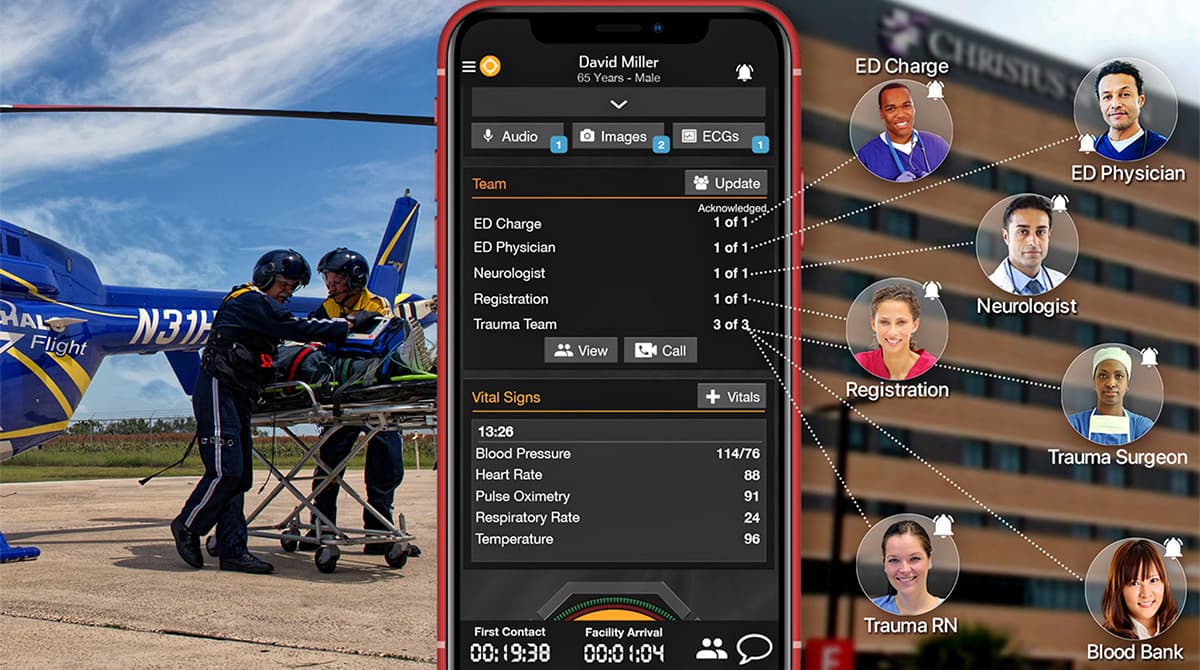
17 min read
What if you could improve patient care—across your city, region, and even state—by streamlining communication and coordination between EMS and hospital teams? Texas hospital and EMS leaders are doing...
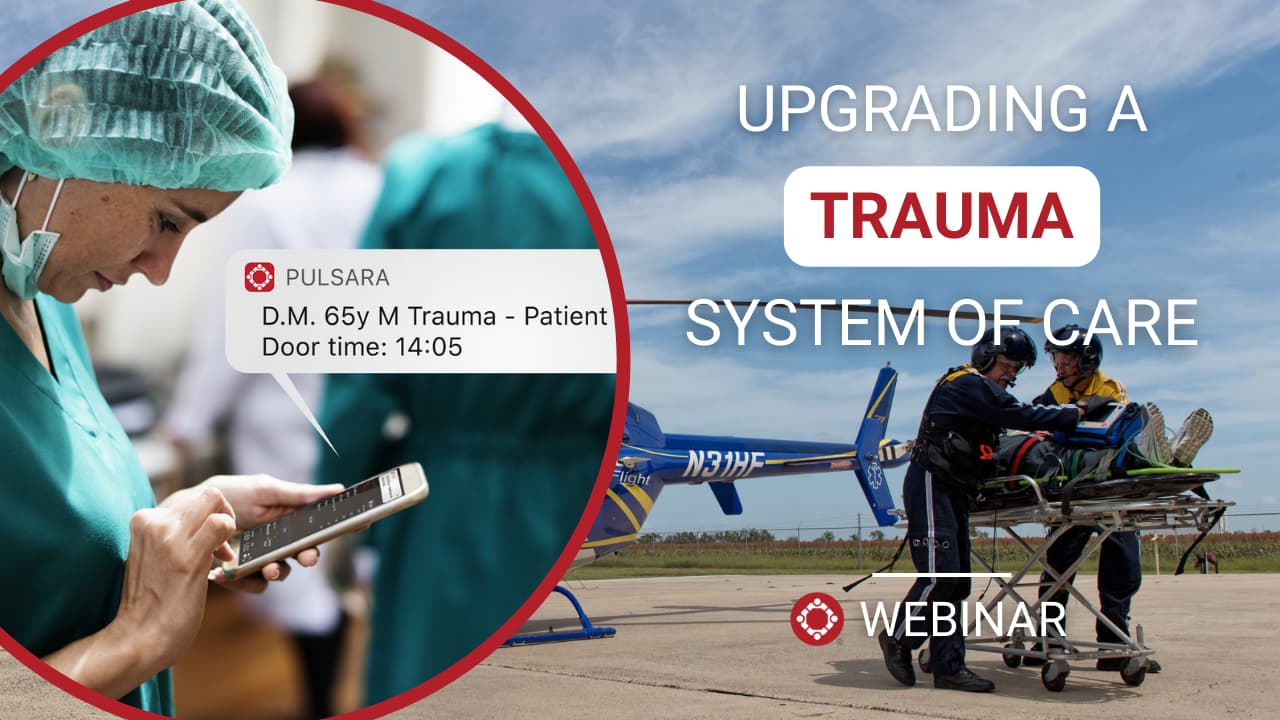
17 min read
What if you could improve patient care—across your city, region, and even state—by streamlining communication and coordination between EMS and hospital teams? Texas hospital and EMS leaders are doing...
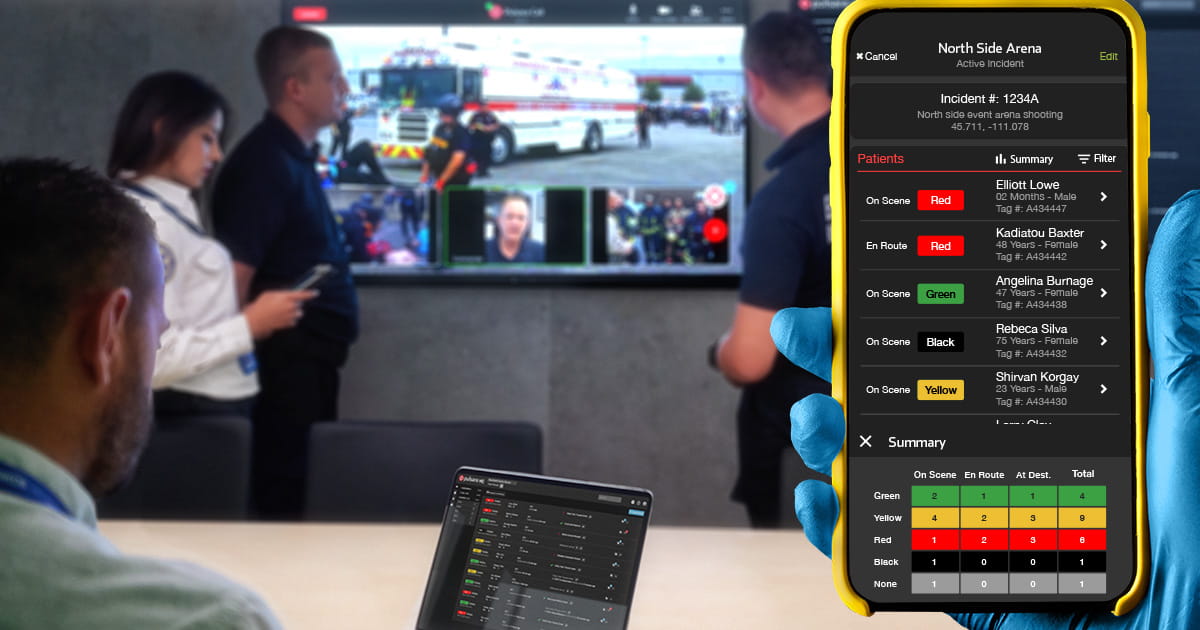
5 min read
EDITOR'S NOTE: This article originally appeared on firechief.com. Special thanks to our guest author, John Erich, for FireRescue1 BrandFocus Staff. __ Triage at major events can be slow, and tracking...

2 min read
Editor's Note: This post is adapted from a report first published by the Victorian Agency for Health Information, a division of Australia's Department of Health. Check out the original version here....

2 min read
Arkansas hospital achieves consistent <60 minute average door-to-balloon time for STEMI and 80% decrease in average door-to-CT time for stroke National Park Medical Center (NPMC) is a 163-bed...
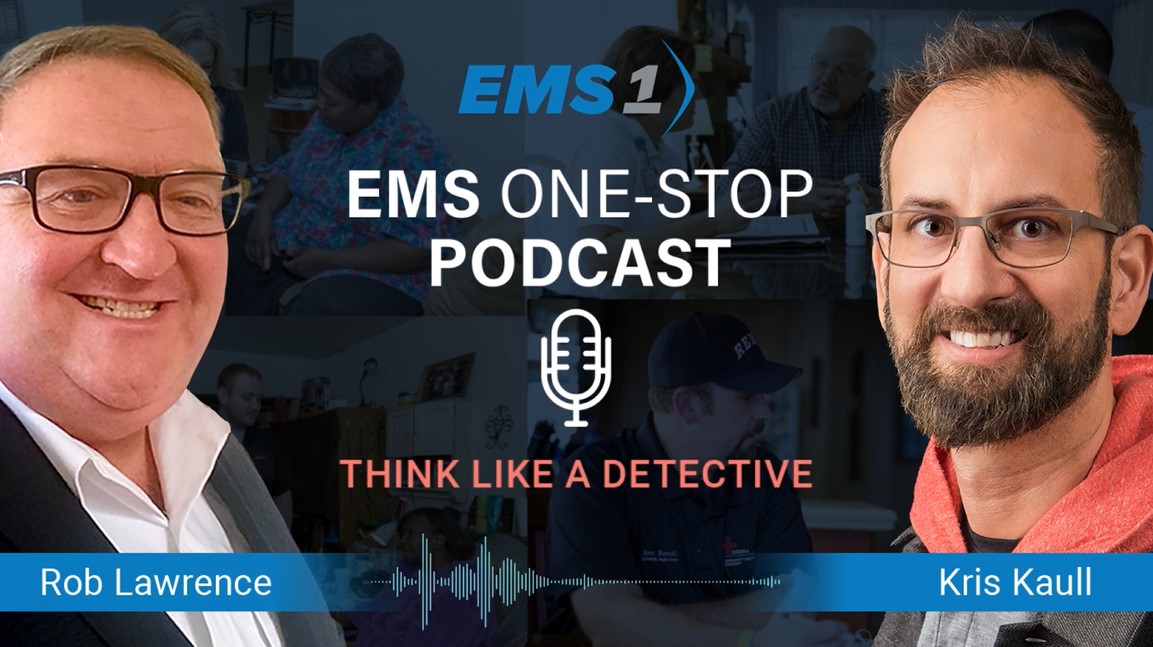
10 min read
Pulsara's Chief Growth Officer, Kris Kaull, recently had the opportunity to sit down with Rob Lawrence on the EMS One-Stop podcast. In this episode, Rob talks with Kris about history taking and how...